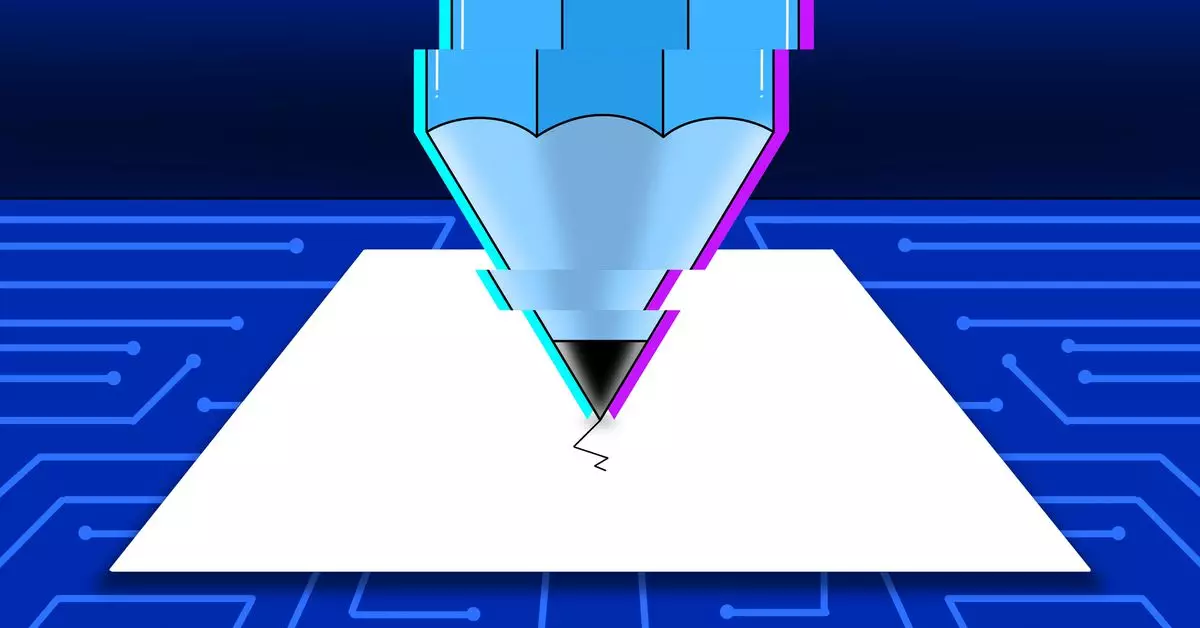In an era where technological advancements are rapidly changing the landscape of numerous industries, traditional sectors like publishing must navigate the intricacies of modern challenges. Penguin Random House, one of the most prominent book publishers, is taking a significant stance against artificial intelligence (AI) training using their intellectual property. By modifying their standard copyright page, they are signaling a shift in how publishers might protect their content against the burgeoning capabilities of AI technologies.
According to reports, the new copyright statement on both fresh and reissued titles explicitly prohibits the use of any part of the book for training AI technologies. The clause goes further by emphasizing that Penguin Random House “expressly reserves this work from the text and data mining exception,” aligning with the European Union’s copyright regulations. This proactive step makes Penguin Random House appear to be a pioneer among major publishers concerning the rising influence of AI in the realm of intellectual property.
While this amendment to the copyright page may seem forthright, it is essential to analyze whether it genuinely strengthens the publisher’s legal position. Labeling this change as a form of a “warning shot” raises questions about its efficacy in safeguarding their works. This statement seems more symbolic, drawing parallels to how websites utilize a robots.txt file to request non-scraping behavior from AI systems. However, just as robots.txt lacks any binding authority, Penguin Random House’s modified copyright statement may not offer substantial legal protections against misuse of their content by AI technologies. It becomes evident that while the gesture is commendable, its real-world applications in the face of copyright law may still be limited.
Penguin Random House’s actions illuminate a growing concern within the publishing industry about content ownership in an era dominated by AI. As AI firms increasingly harness vast amounts of text data for various applications, from content generation to targeted advertising, the rights of authors and publishers are at risk. The effectiveness of traditional copyright protections must be scrutinized, especially in light of technological advancements that allow for sophisticated data scraping techniques.
Publishers may need to rethink their strategies for protecting content, considering the challenges posed by AI. Will other major publishers follow Penguin Random House’s lead, or will they adopt a more passive approach in hopes that regulations will catch up? The path forward is unclear, but a unified front among publishers may be necessary to ensure their interests are protected in a rapidly evolving digital economy.
The amendments made by Penguin Random House not only raise awareness of the potential threats posed by AI to intellectual property but also call for urgent discussions surrounding copyright laws and their adaptability to modern challenges. As the publishing landscape continues to evolve, collaboration among stakeholders, including authors, publishers, and legal experts, will be essential to forge a new framework that protects the rights of creators in an AI-driven world. The question remains: is this the start of a broader movement towards safeguarding intellectual property against the encroachments of artificial intelligence, or simply a solitary act of defiance? Only time will tell.


Leave a Reply